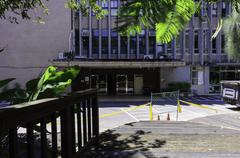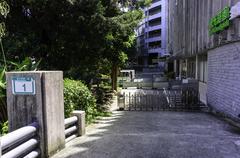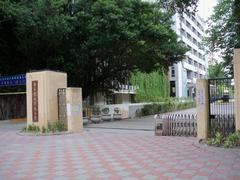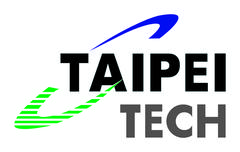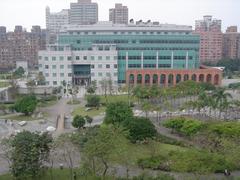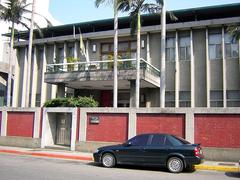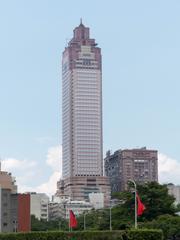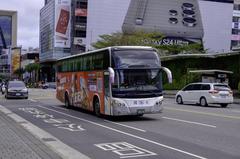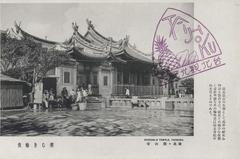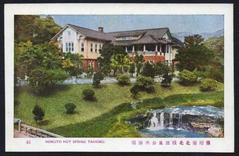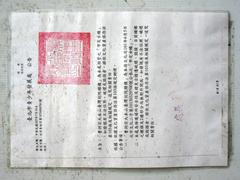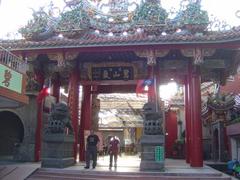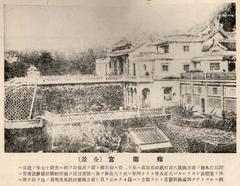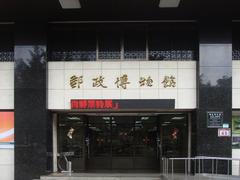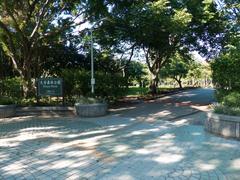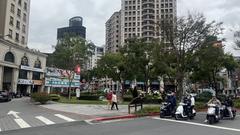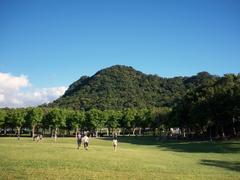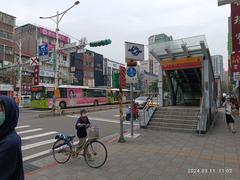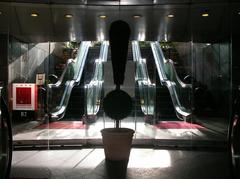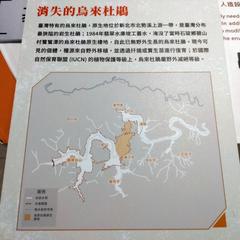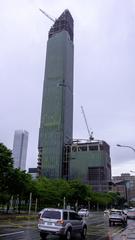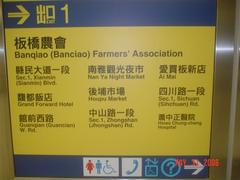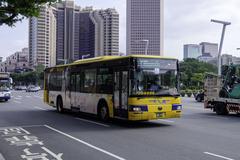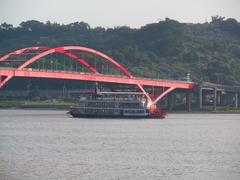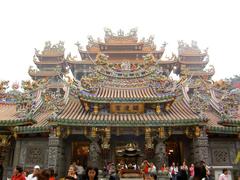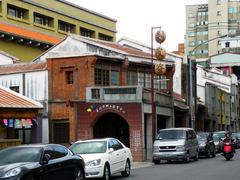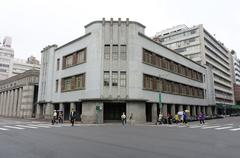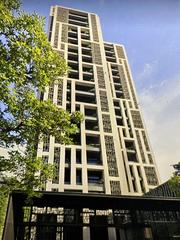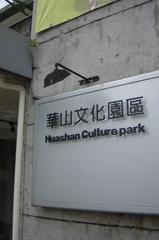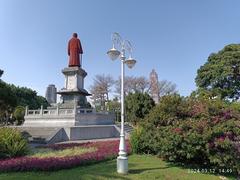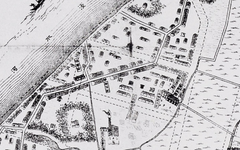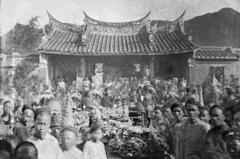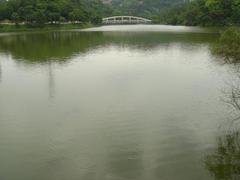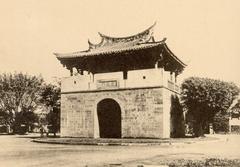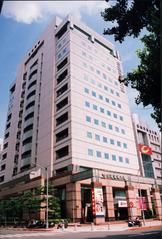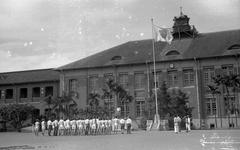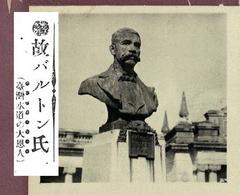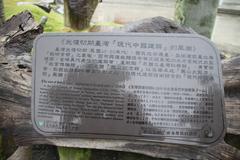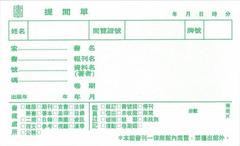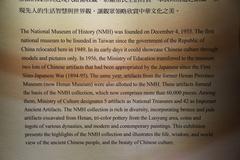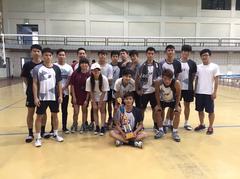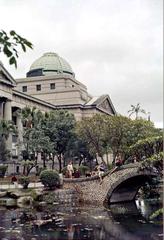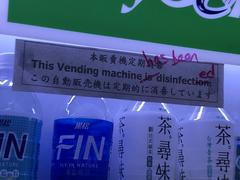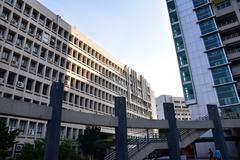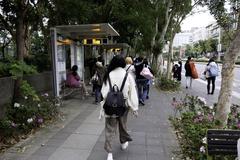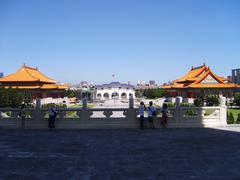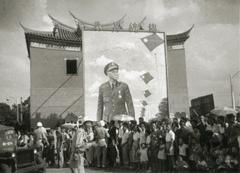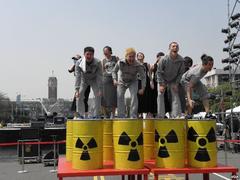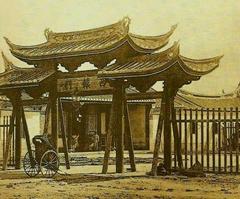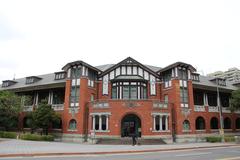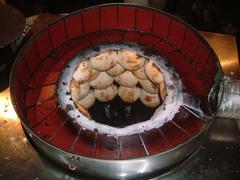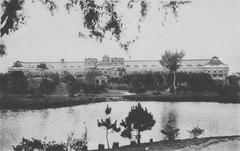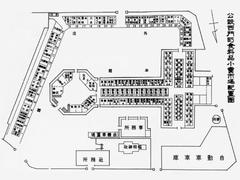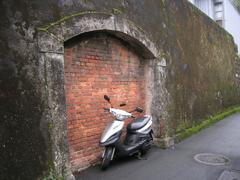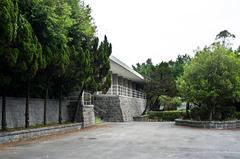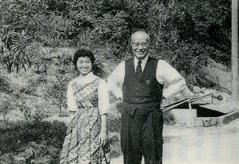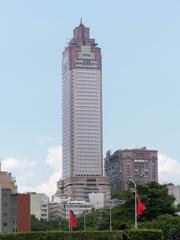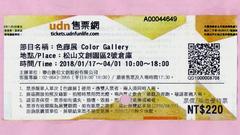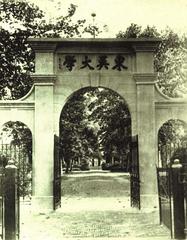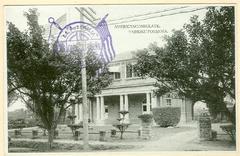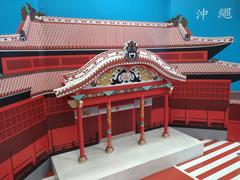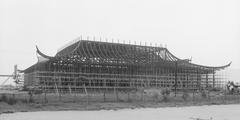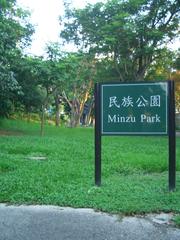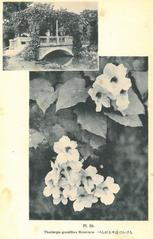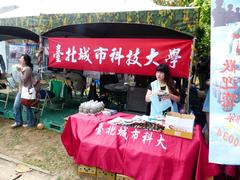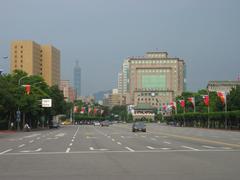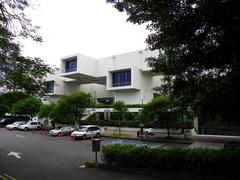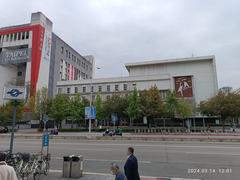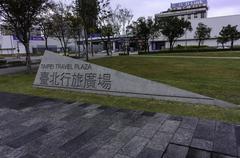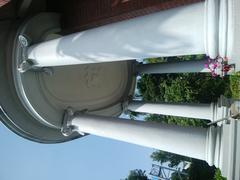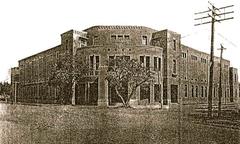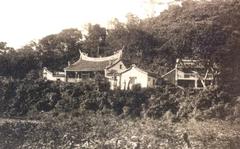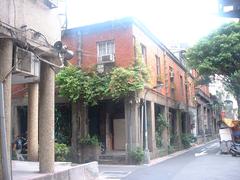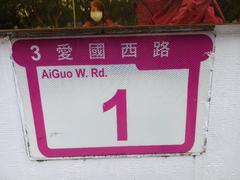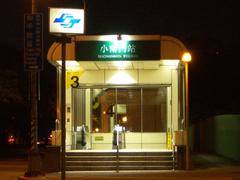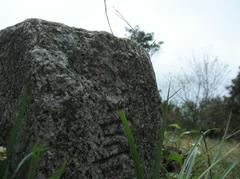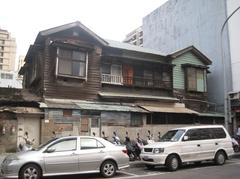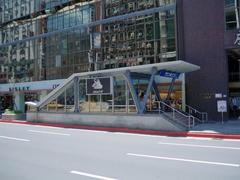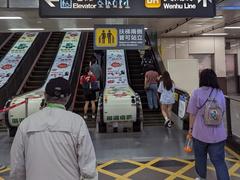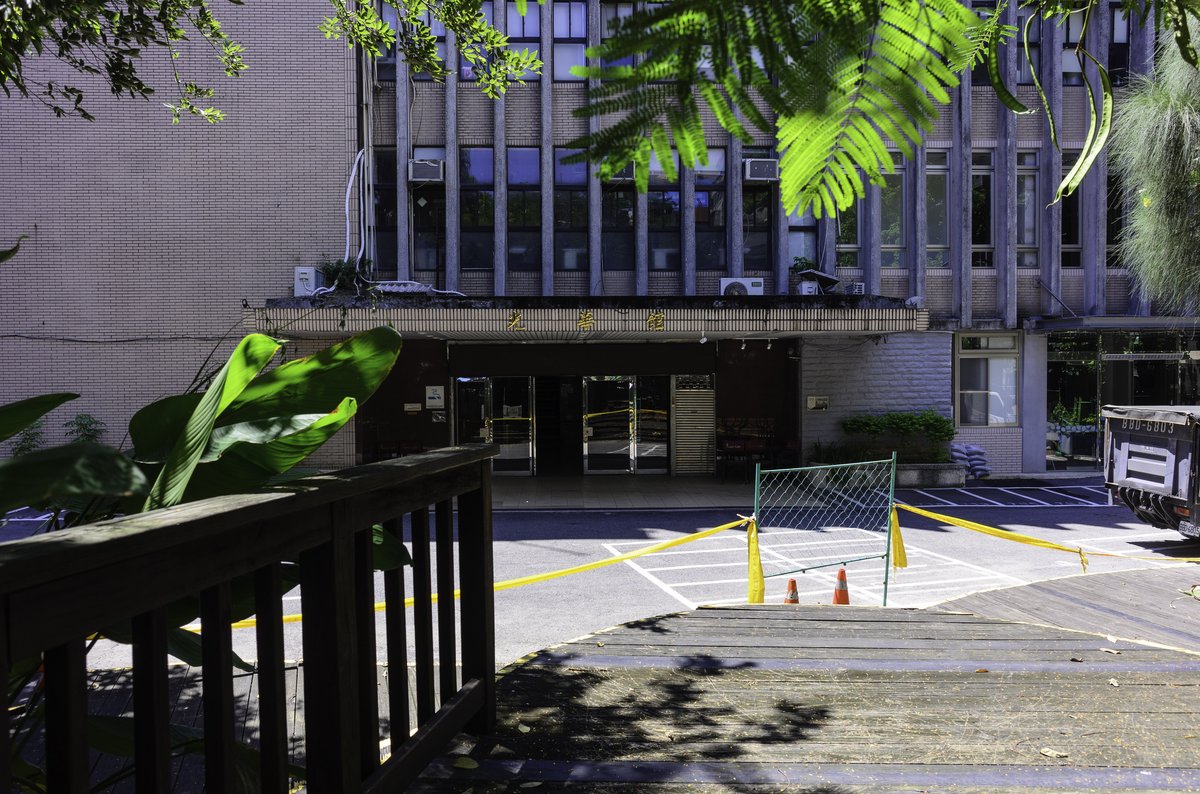
National Taipei University of Technology Visiting Hours, Tickets, and Guide
Date: 14/06/2025
Introduction: Discovering Taipei Tech
National Taipei University of Technology (Taipei Tech) is a cornerstone of Taiwan’s educational and industrial development, fusing a proud heritage with innovation. Established in 1912 as the School of Industrial Instruction during the Japanese colonial era, Taipei Tech has evolved into a premier technical university and a landmark in the heart of Taipei’s Da’an District. The campus is a tapestry of historical architecture, eco-friendly design, and vibrant cultural life, making it an enriching destination for history buffs, cultural explorers, and prospective students.
This guide provides all you need for a memorable Taipei Tech visit: from detailed visitor information—including campus hours, ticketing, accessibility, and guided tours—to highlights of campus landmarks and nearby attractions. Whether you’re interested in the university’s rich past, its artistic and sustainable present, or simply want to explore a unique urban campus, this resource will help you make the most of your trip.
For the latest updates on visiting schedules, special events, and downloadable resources, consult the Taipei Tech Official Website and the Office of International Affairs. Enhance your experience further with virtual tours, photo galleries, and the Audiala app for guided audio tours and real-time updates.
Table of Contents
- Introduction
- History and Development
- Architectural and Cultural Landmarks
- Sustainability and Urban Integration
- Visitor Information
- Visual and Multimedia Resources
- Frequently Asked Questions (FAQ)
- Conclusion
History and Development
Taipei Tech traces its roots back to 1912, evolving through several phases: from the School of Industrial Instruction to the Provincial Taipei Institute of Technology in 1948, and finally, gaining university status in 1997. Throughout its history, it has played a pivotal role in cultivating talent for Taiwan’s burgeoning electronics, engineering, and IT industries, with alumni making significant contributions to the nation’s economy and global reputation (Taipei Tech Official Website).
Architectural and Cultural Landmarks
Red House Historic Monument
A must-see highlight, the Red House Historic Monument is a century-old red brick building reflecting classic European design. Originally built for book storage, it transitioned through various uses, including faculty dormitory and office space, before its 1991 renovation into a cultural venue. Declared a historic monument in 1997, the Red House now hosts concerts, exhibitions, and student art events, standing as a testament to Taipei Tech’s enduring legacy (Taipei Tech Campus Attractions).
- Visiting Hours: Tuesday–Sunday, 9:00 AM–5:00 PM (closed Mondays and national holidays)
- Admission: Free
- Guided Tours: Available by appointment through the Office of International Affairs
Green Gate
Located near MRT Zhongxiao Xinsheng Station (Exit 4), the Green Gate is an eco-art installation spanning 39 meters in width and 32 meters in height, evoking a giant tree. This structure symbolizes growth, sustainability, and hospitality, complemented by an integrated waterway and eco-friendly buildings—an urban oasis in the city’s bustling core (Green Gate Details).
Memorial Park and Centennial Installations
To mark its centennial, Taipei Tech established a memorial park featuring a Time Capsule and the Hundred Years Monument—symbolic art pieces that celebrate the university’s heritage and aspirations, including steel capsules containing messages and tree-like pillars representing decades of growth (Centennial Memorial Park).
Arts & Cultural Center and Public Art
The Arts & Cultural Center is a hub for concerts, exhibitions, and student showcases, bridging the university with Taipei’s wider artistic community (Arts & Cultural Center). Around campus, public artworks—including the bronze Taiwan Water Buffalo and Reading Pupil statues—emphasize local heritage and lifelong learning (Campus Art Installations).
Sustainability and Urban Integration
Taipei Tech is consistently ranked among Asia’s top green universities, recognized for its eco-friendly campus design. Features include the eco pond and waterways beneath the Green Gate, providing habitat for local biodiversity and a tranquil retreat for students and visitors alike (GreenMetric Ranking).
Visitor Information
Campus Hours and Entry
- General Hours: 8:00 AM–6:00 PM daily (some buildings/events may have specific hours)
- Entry: Free access to public spaces and outdoor landmarks; ticketed access may apply for some cultural events.
Tickets and Events
- Campus and Outdoor Landmarks: Free
- Arts & Cultural Center Events/Exhibitions: Some may require tickets—purchase onsite or online.
Guided Tours
- Group Tours: Book at least three weeks in advance via the Office of International Affairs.
- Self-Guided Tours: Downloadable maps and brochures available online; audio guides also available.
Accessibility and Transportation
- Location: 1, Sec. 3, Zhongxiao East Road, Da’an District, Taipei City 106
- MRT: Zhongxiao Xinsheng Station (Exit 4, Lines 4 and 5)
- Bus: Multiple city routes serve the campus
- Bicycle: YouBike stations nearby
- Wheelchair Access: Ramps, elevators, and accessible restrooms in major buildings
Visitor Services
- Information Desks: Main administration building
- Dining: Several cafeterias, convenience stores, and nearby street food options
- Wi-Fi: Free in select public zones
Nearby Attractions
- Huashan 1914 Creative Park: Art exhibitions and performances (Taipei Tech Campus Attractions)
- Guanghua Digital Plaza: Electronics and tech shopping (Wikipedia: National Taipei University of Technology)
- Taipei Confucius Temple & Bao’an Temple: Historic sites within easy reach
- Yongkang Street: Famous for local cuisine
- Daan Forest Park: Taipei’s largest urban green space
Visual and Multimedia Resources
For a richer experience, explore official photo galleries, videos, and virtual tours on the Taipei Tech OIA website. Recommended image alt tags for accessibility and SEO: “Taipei Tech visiting hours,” “Taipei Tech tickets,” “Taipei historical sites.”
Frequently Asked Questions (FAQ)
Q: What are Taipei Tech’s visiting hours?
A: Generally 8:00 AM–6:00 PM daily; some venues may differ.
Q: Is there an entry fee?
A: No, public areas and outdoor landmarks are free to visit; some events may require tickets.
Q: Are guided tours available?
A: Yes, for groups (by appointment) and self-guided resources are provided online.
Q: How do I get to Taipei Tech?
A: Via Taipei Metro (Zhongxiao Xinsheng Station, Exit 4), bus, or bicycle.
Q: Is the campus accessible for visitors with disabilities?
A: Yes, with ramps, elevators, and accessible restrooms.
Q: Can I take photos?
A: Photography is allowed in most areas; please be respectful during classes or events.
Conclusion
A visit to National Taipei University of Technology is an invitation to explore Taiwan’s transformation from an industrial past to a sustainable, culturally rich present. The campus’s historical landmarks, innovative green spaces, and vibrant arts scene provide a multifaceted experience, complemented by proximity to some of Taipei’s best attractions. Whether you join a guided tour, attend a cultural event, or simply stroll the campus grounds, Taipei Tech welcomes you to discover the heart of Taiwan’s educational and urban evolution.
For up-to-date information, downloadable maps, and event schedules, visit the Taipei Tech Office of International Affairs and the Taipei City tourism portal. Enhance your experience with the Audiala app for exclusive audio tours and real-time updates.
Sources and Further Reading
- Visiting Taipei Tech: History, Cultural Significance & Visitor Information, 2025, National Taipei University of Technology (Taipei Tech Official Website)
- Visiting the Red House Historic Monument at National Taipei University of Technology: Hours, Tickets, and Nearby Attractions, 2025, National Taipei University of Technology (Taipei Tech Campus Attractions)
- Visiting Taipei Tech: Campus Hours, Tours, and Nearby Attractions in Taipei, 2025, Office of International Affairs, National Taipei University of Technology (NTUT OIA)
